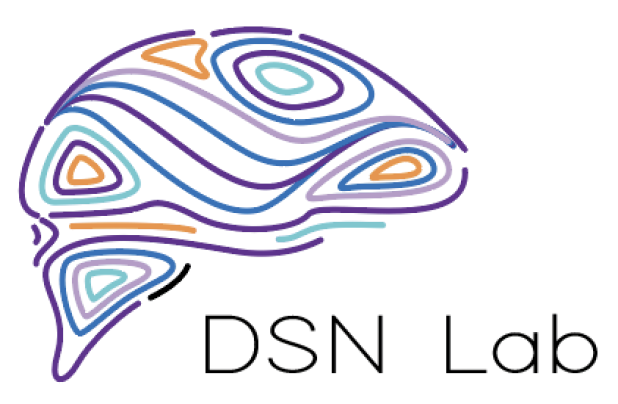Ongoing Studies
Transitions in Adolescent Girls
Age: 10-13 at enrollment
The Transitions in Adolescent Girls (TAG) study is an NIMH-funded prospective longitudinal study of risk for adolescent-emergent mental health problems in girls as they transition through puberty. In a community sample of 170+ girls recruited in 2015 (initial age 10-13 years), this project collects information about: i) levels of adrenal and gonadal hormones associated with pubertal development, as well as anthropometric data and secondary sex characteristics; ii) brain structure, anatomical connectivity (diffusion tensor imaging), and resting-state functional connectivity; iii) brain functioning and behavior related to social processes (self-evaluation, mentalizing, and affiliation); iv) mental health symptoms (particularly of depression, anxiety, and self-harm); and v) smartphone use. These data are acquired every 18-24 months, and opportunities to participate in complementary sub-studies are also offered on a regular basis (every 6-9 months). The rich multilevel dataset will be analyzed using advanced statistical modeling techniques to describe the cross-sectional and longitudinal relationships between developmental patterns in each of these domains.
Click here for our published protocol paper!
Passive Mobile Sensing
Age: 13-17
Do you ever notice just how many important things you do on your smartphone each and every day? Have you found yourself curious about how much time you spend on your smartphone, and whether it influences your attention span, mood, or social relationships, for better or for worse? In this study, we are interested in exploring these very questions to better understand how the role of the smartphone in the everyday lives of teens might influence key aspects of development, like social relationships and mental health. Through a safe and confidential research app, these questions can be explored directly from smartphone data, thanks to volunteer participants who donate their data. Participants can choose the categories of data to donate, which include screen time, app usage, keyboard use, general location, music, etc. This study will help us better understand how to help teens in their everyday lives.


